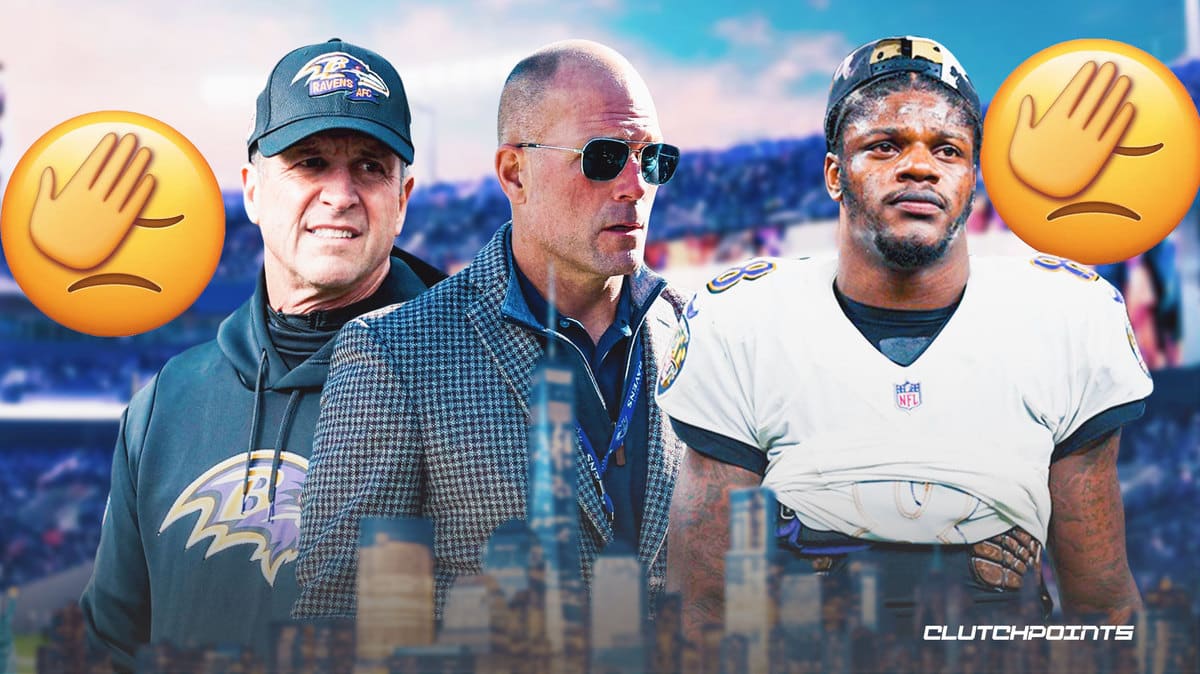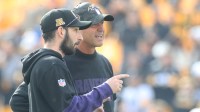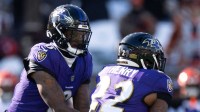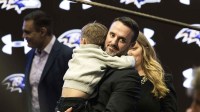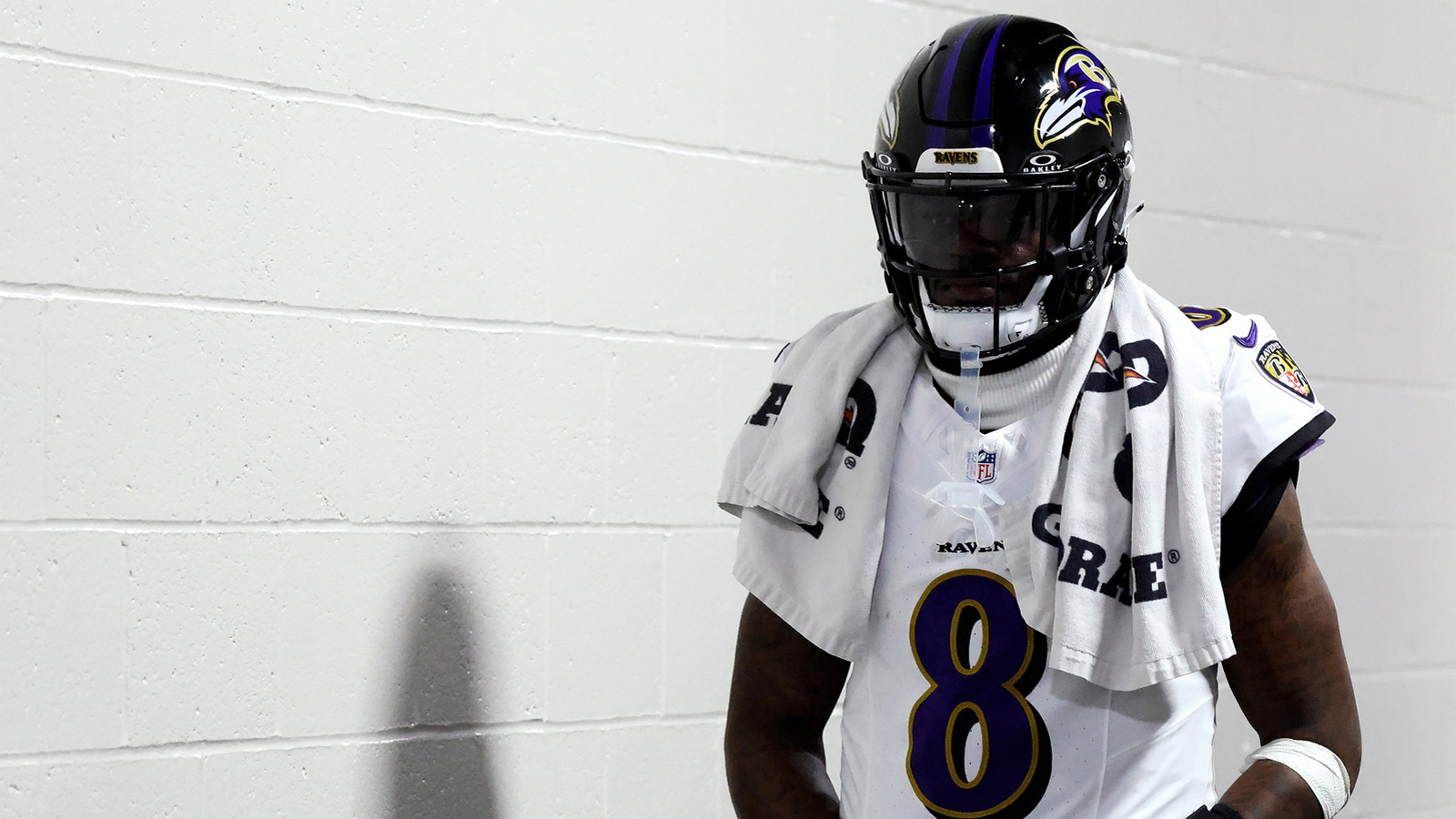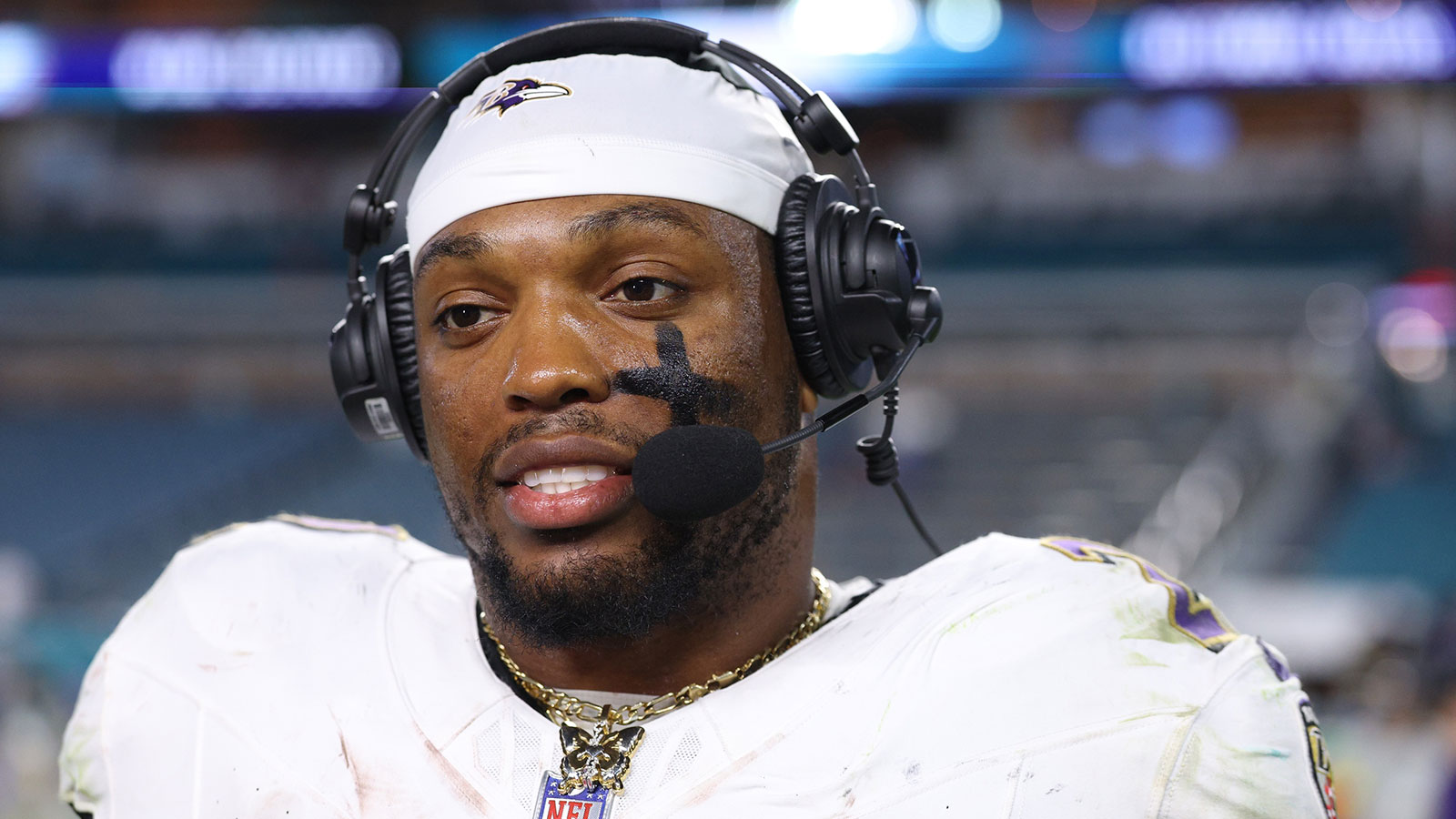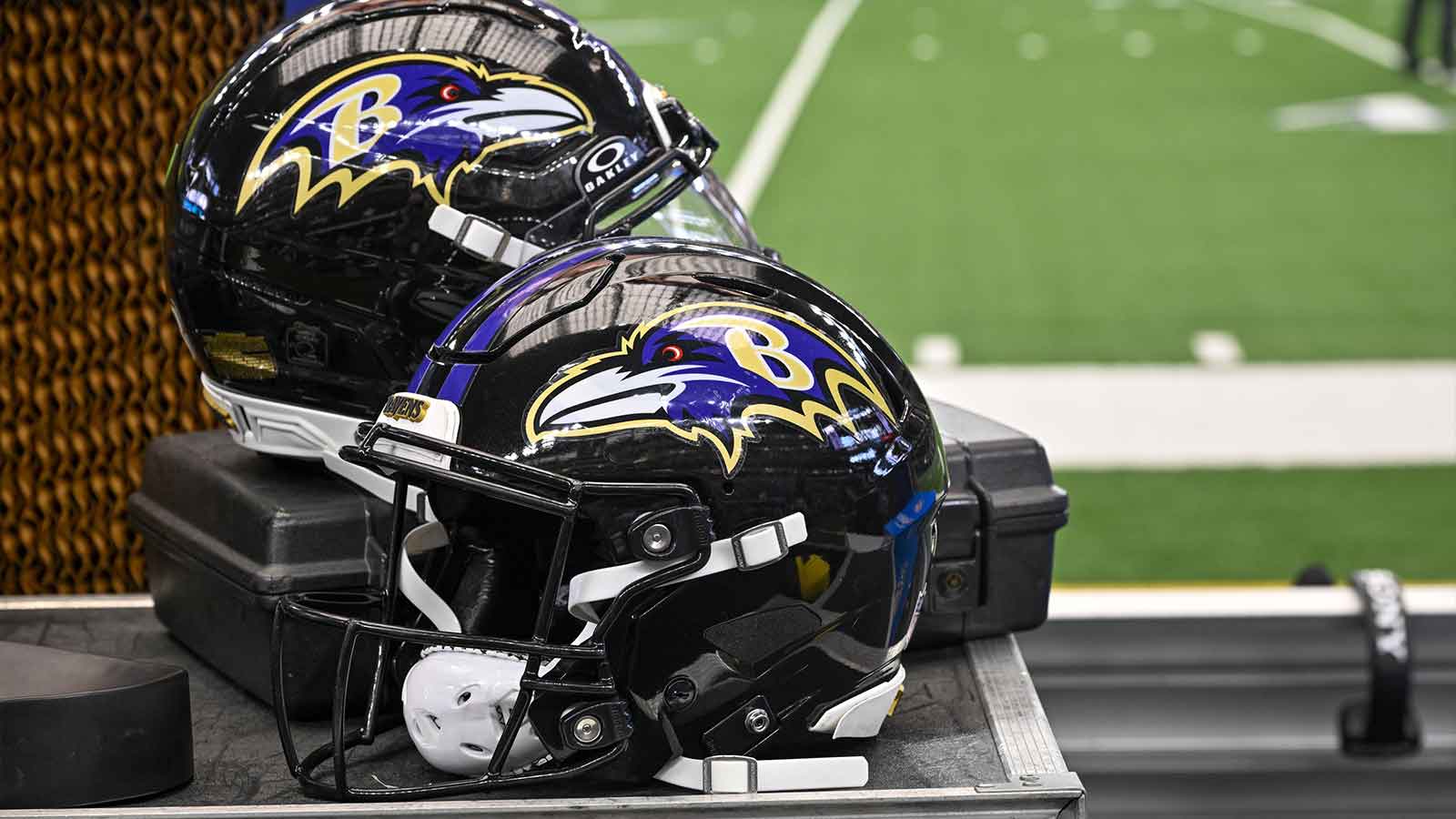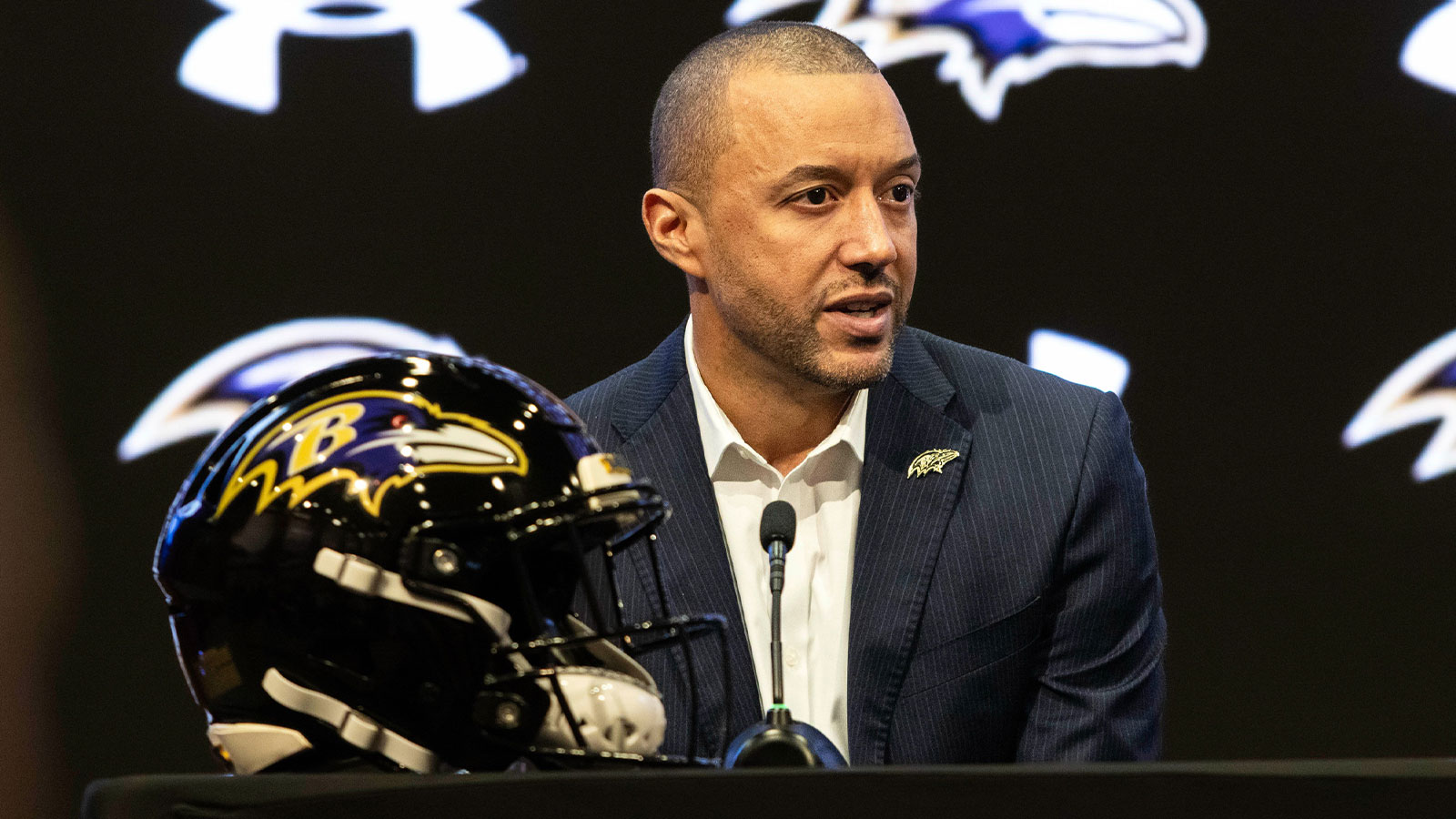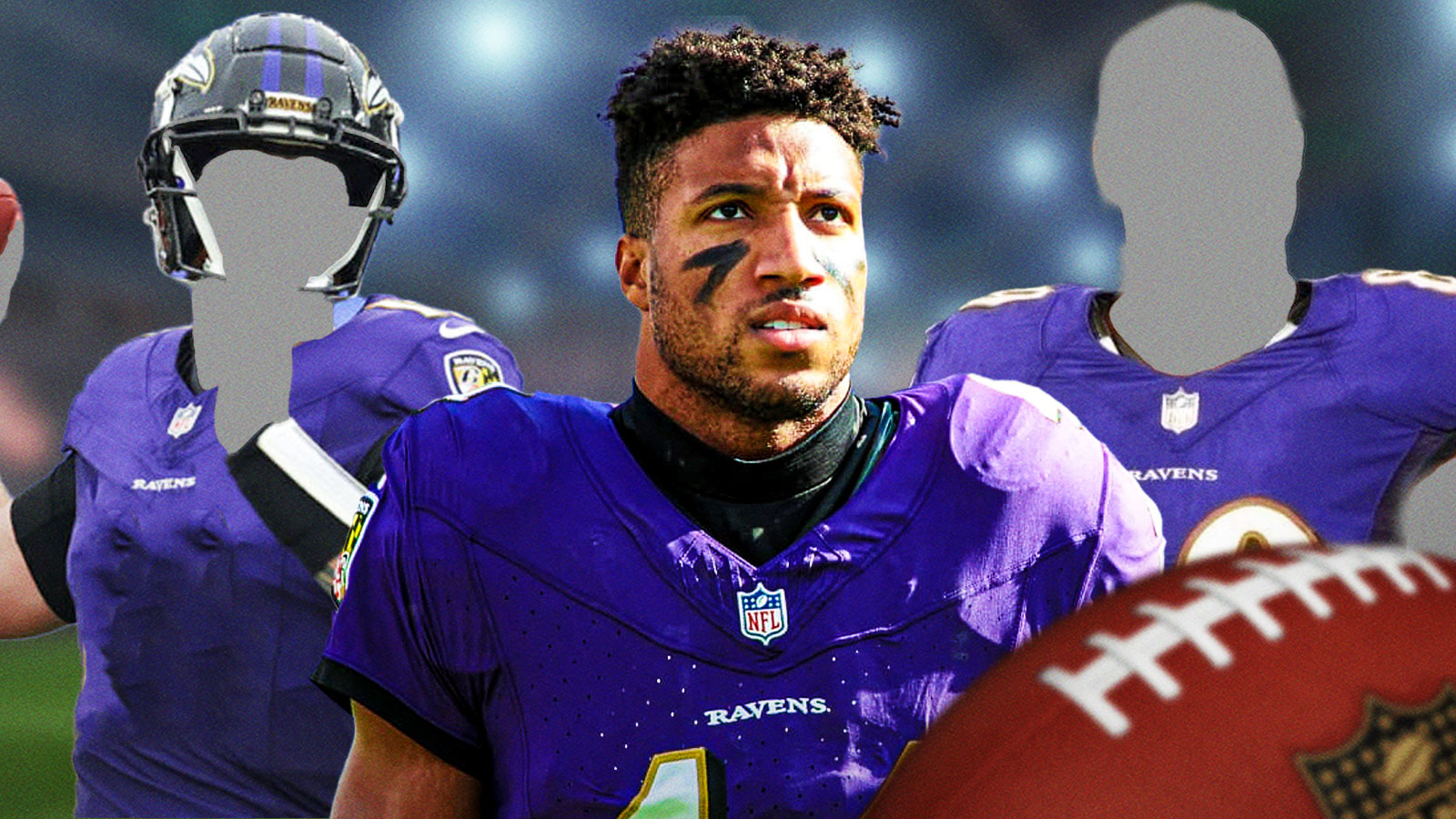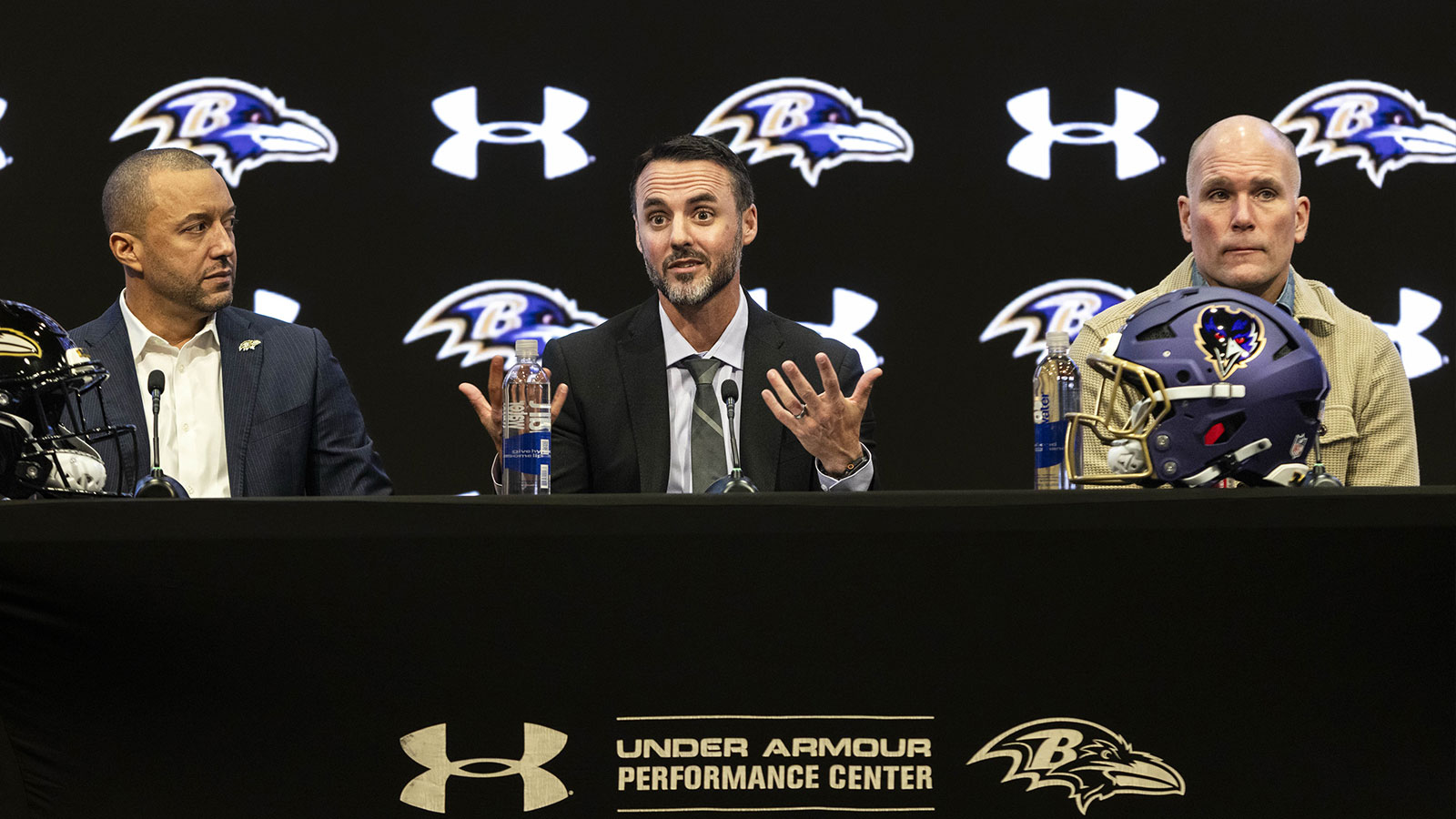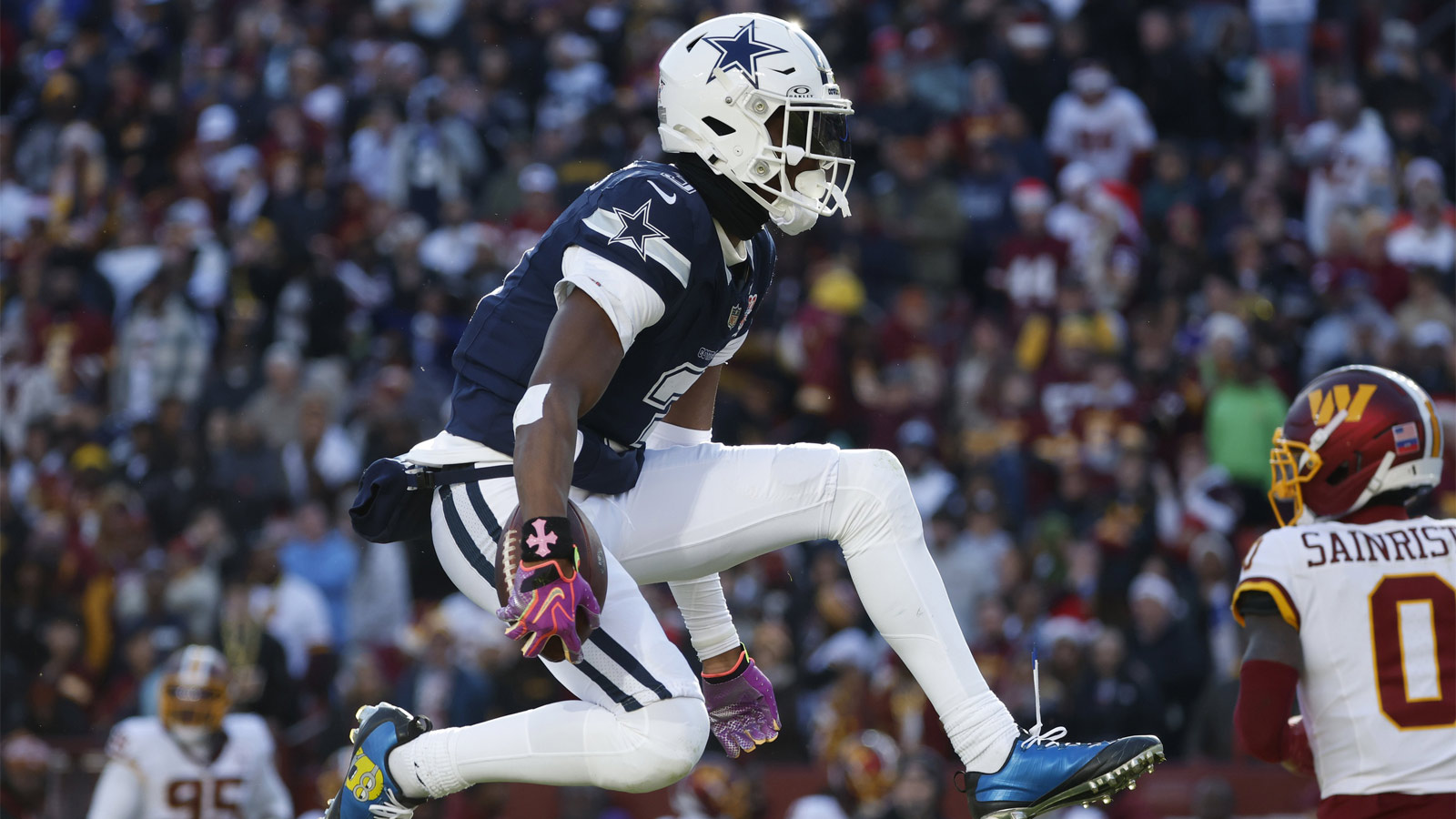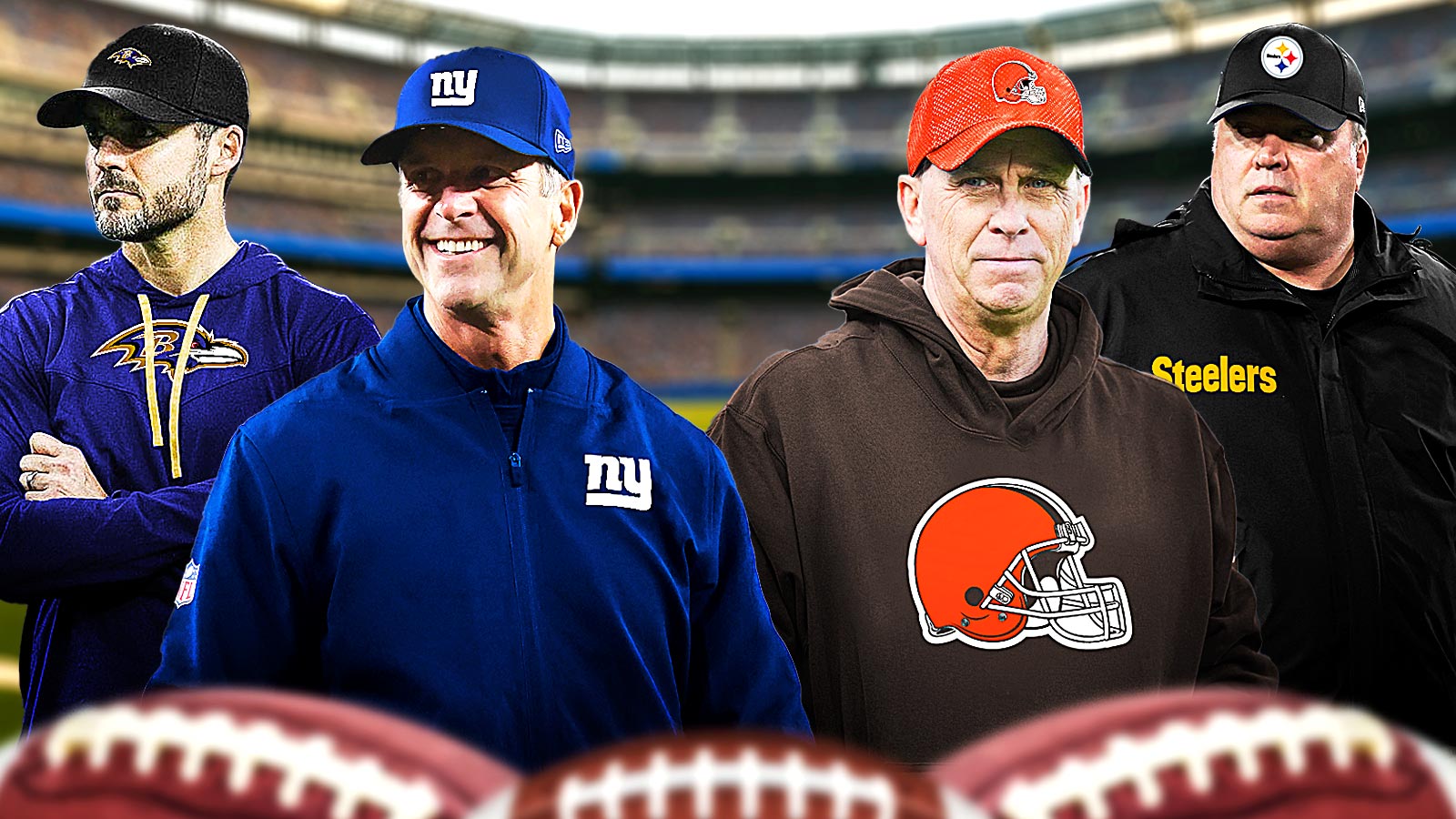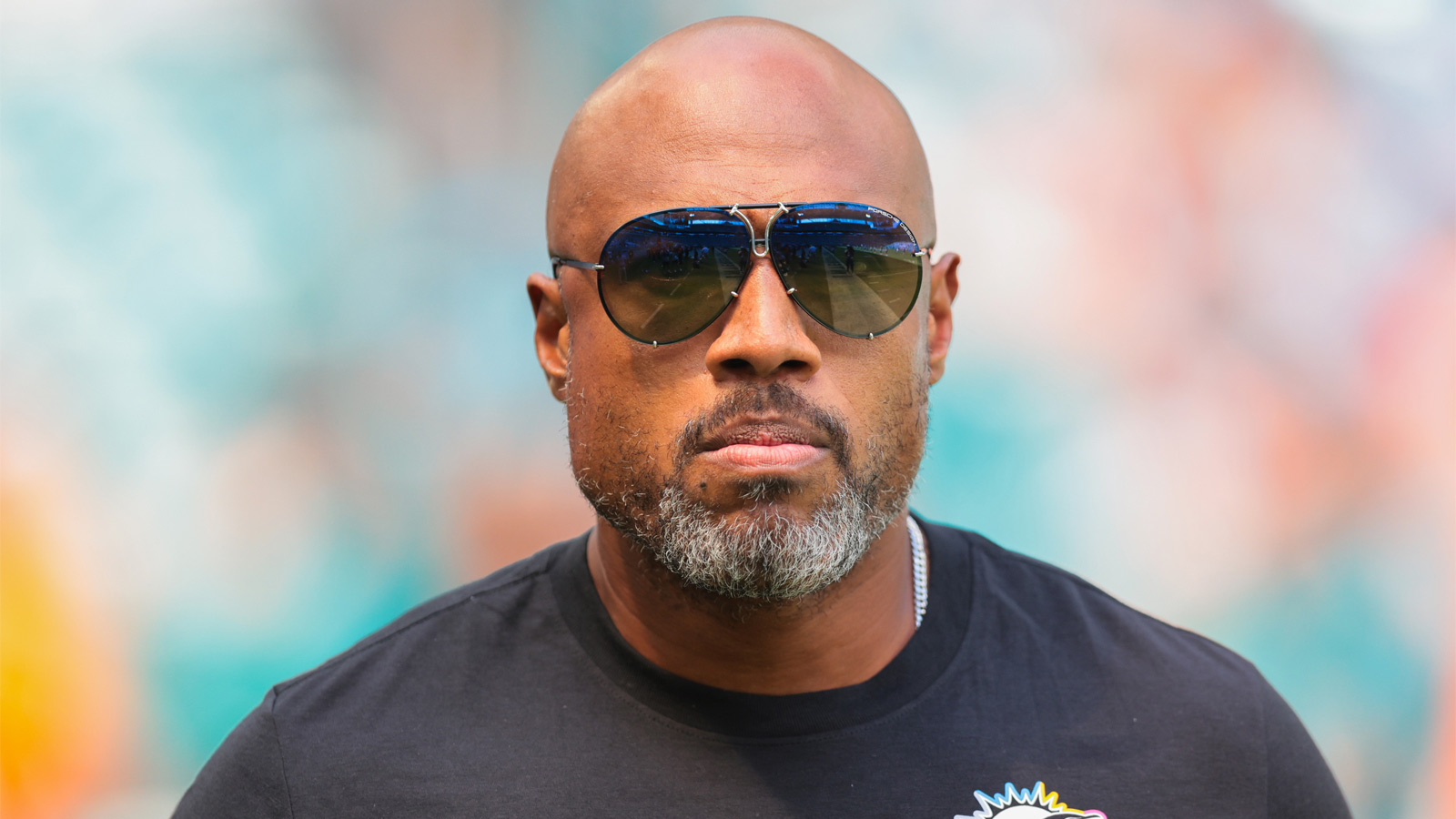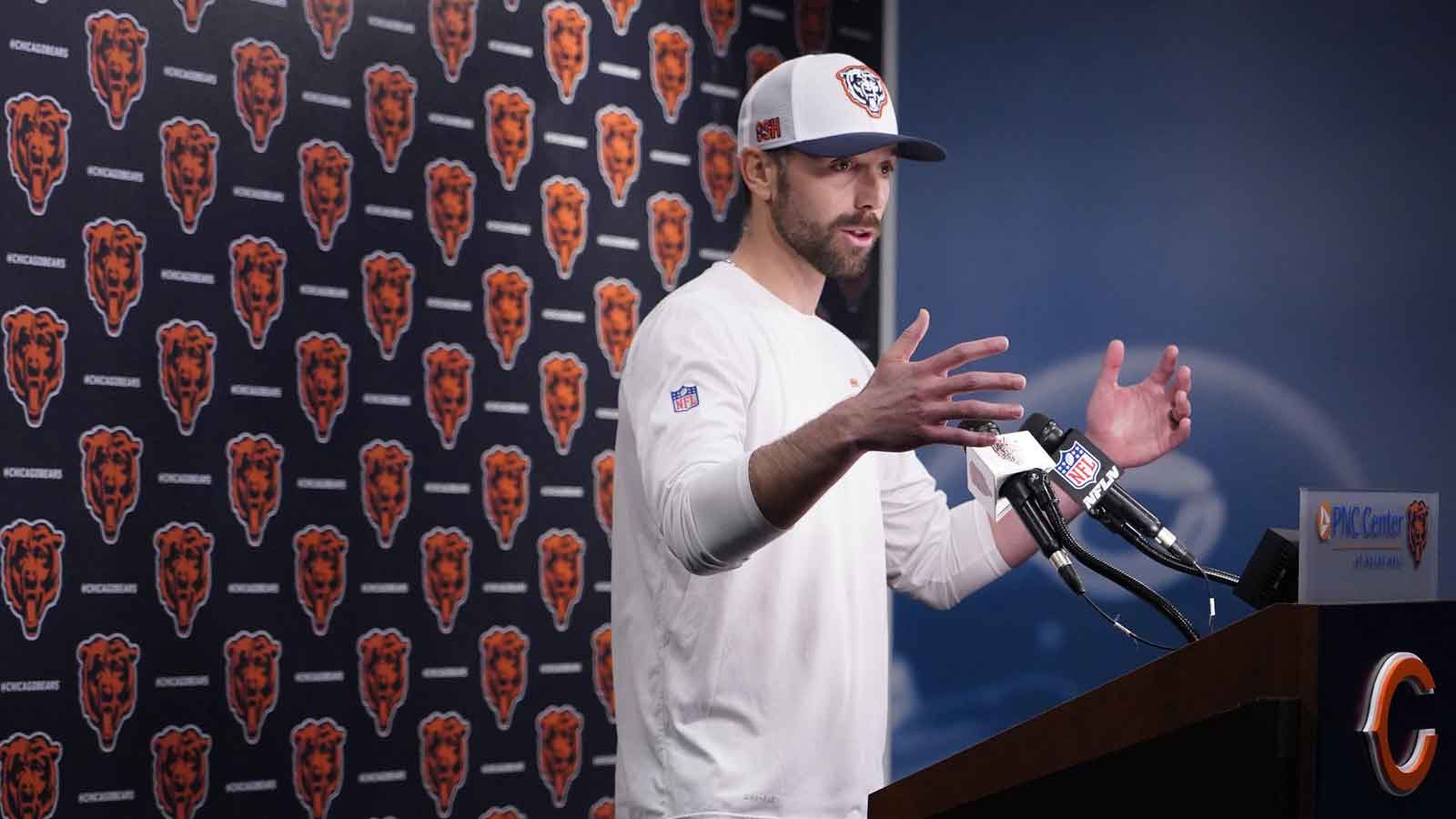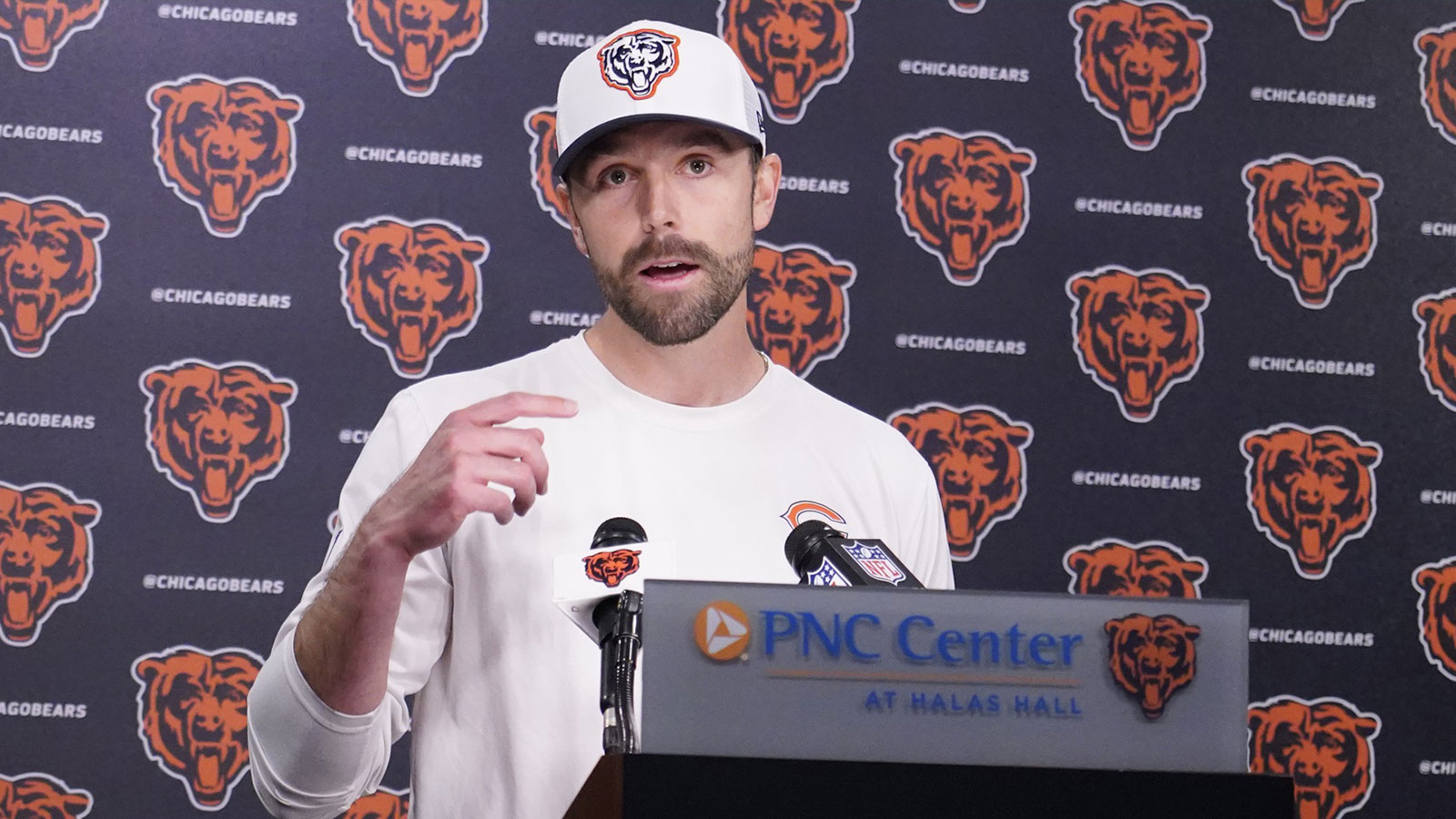It didn't have to be this way for Lamar Jackson and the Baltimore Ravens. Jackson, who revealed that he had requested a trade on March 2 in a Twitter post on Monday, said that he felt the team didn't “meet his value” in contract negotiations.
The Ravens used the non-exclusive franchise tag on Jackson on March 7, a tender worth $32.416 million in 2023, that also allows that star quarterback, who represents himself, to negotiate with other teams.
It leaves Jackson with an uncertain future. But it never had to be that way.
In fact, the Ravens could have prevented Jackson from ever being disgruntled in the first place.
Not only did the team bungle the contract negotiations with Jackson, but their approach to team-building failed the dual-threat quarterback.
Here's how the Ravens fumbled the bag with Lamar Jackson.
Ravens' team-building approach around Jackson
The Ravens simply haven't maximized opportunities to build the best possible roster around Jackson. Since he became the team's full-time starter in 2019, the team prioritized drafting more receivers than they ever had.
After Jackson was picked in the 2018 NFL Draft, the Ravens used eight of their next 47 picks on wide receivers.
How has that investment paid off? Not well.
Baltimore wide receivers rank last in the NFL in receptions, receiving yards and first downs since 2018, per ESPN Stats and Information.
Not only have the Ravens whiffed on some elite NFL Draft talents, such as AJ Brown and Deebo Samuel, but the players they did select haven't even been good enough to give them league-average production out of the position.
To make matters worse, other teams with dual-threat quarterbacks, such as the Philadelphia Eagles and Arizona Cardinals, have went out and taken a big swing for an elite wide receiver.
Cardinals' Murray issues aside, both the Arizona signal-caller and the Eagles' Jalen Hurts took steps forward after the team invested in an alpha-type wideout.
Why couldn't the Ravens do the same for Jackson?
Ravens' Greg Roman hire during Jackson's tenure
Let's be fair here. The Greg Roman hire started off with a bang, as Jackson, in his first full year as a starter, fired 36 touchdown passes while setting the all-time record with the most rushing yards by a quarterback in a single season.
Simply put, Jackson took the NFL by storm.
But fast forward to 2020 and it seemed as if the league had figured Jackson and the Ravens out.
Jackson, during a 2020 appearance on The Rich Eisen Show, said that opposing defenses would “call out our plays” at the line of scrimmage.
In other words, defenses knew exactly what Roman was dialing up before the play even began.
And this, coming from the franchise quarterback, was happening in just Roman's second year as the team's offensive coordinator.
Teams can get away with not executing. Some teams can get by even if they're a tad bit too predictable.
No team's offense has any chance of success if the defense knows exactly what they're about to do.
And it's not as if the Ravens made many adjustments from year to year.
Baltimore ranked first in the league in points per game in 2019. They fell to seventh in 2020, 17th in 2021 and 19th in 2022.
What about those results was impressing the Ravens so much?
And if that wasn't bad enough, it wasn't just Jackson who was complaining.
ESPN's Robert Griffin III, a former QB for the Ravens, claimed that wide receivers “hate” Roman's offense.
Not only have the Ravens surrounded Jackson with less-than-stellar talent, but the coaching staff simply hasn't been good enough.
Isn't it ironic that Baltimore hired ex-Georgia play-caller Todd Monken, but Jackson could soon be out the door?
Baltimore's contract negotiations with Jackson
The Ravens have been quick to blame the division-rival Cleveland Browns and their massive Deshaun Watson contract for being a stumbling block to getting things done with their own quarterback.
That's fair.
But what if Baltimore could have inked Jackson to a new deal long before the ink dried on Watson's megadeal?
After all, in a pass-happy league, quarterbacks were- and are- only going to get pricier (See Daniel Jones contract)
Surely the Ravens knew this when they had an opportunity to negotiate a contract with Jackson before his fourth season.
Jackson reportedly turned down the Ravens' $250 million contract offer that featured $133 million guaranteed in September, with the latter part a sticking point for Jackson in talks with the team.
One can imagine that Jackson's demands have since increased.
The Ravens have said that they want Jackson around for a long time and want to win Super Bowls with him.
But it just seems like their actions, from the draft room to the field to the negotiating table, haven't matched that sentiment.

